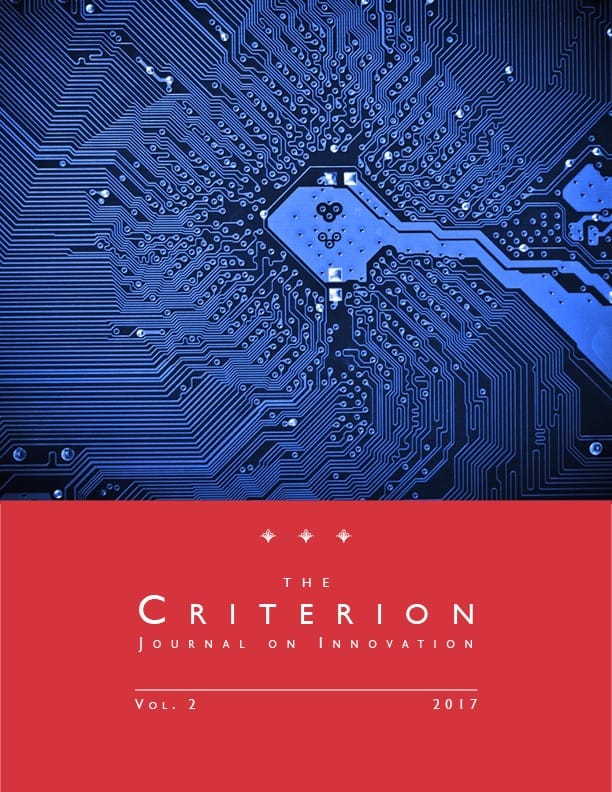Hedonic Prices and Patent Royalties
Purchase a reprint version of the Article (Amazon) | Read the Article (PDF) | Download the Article (PDF) Download the Article (PDF)A hedonic model explains a good’s price in terms of its characteristics. In this article, we use hedonic prices to estimate the permissible range for a reasonable royalty for a standard-essential patent (SEP) subject to its owner’s commitment to offer to license the patent on reasonable and nondiscriminatory (RAND) terms. Our methodology is equally applicable to the calculation of fair, reasonable, and nondiscriminatory (FRAND) royalties for SEPs. Hedonic price analysis provides a scientifically rigorous means to satisfy the Federal Circuit’s directive in Ericsson v. D-Link to disaggregate the value of having a standard of any sort from the incremental value of the chosen standard, and then to disaggregate further the incremental contribution that a given SEP or portfolio of SEPs makes to the overall value of the technologies that allow the chosen standard to operate. The common additive form of the hedonic regression model is the most appropriate econometric model to meet that directive. When implemented in an appropriate and thoughtful way, hedonic price analysis provides an expert economic witness—and, ultimately, the finder of fact—with a reliable methodology to determine whether a given license offer satisfies the reasonableness requirement of a RAND or FRAND commitment. If asked or required to set a specific RAND or FRAND rate for a specific portfolio of SEPs, a court or arbitral panel could take our analysis one step further, by determining where within the RAND or FRAND bargaining range a bilaterally negotiated royalty between the parties would most likely fall. Hedonic price estimation can also inform the calculation of a reasonable royalty in conventional patent litigation that does not involve standard-essential patents. Consequently, the use of hedonic price estimation is a conceptual breakthrough in the calculation of reasonable royalties for patent infringement, both for SEPs subject to a RAND or FRAND commitment and for patents that are not declared essential to any standard.

Cite as
J. Gregory Sidak & Jeremy O. Skog, Hedonic Prices and Patent Royalties, 2 Criterion J. on Innovation 601 (2017).
